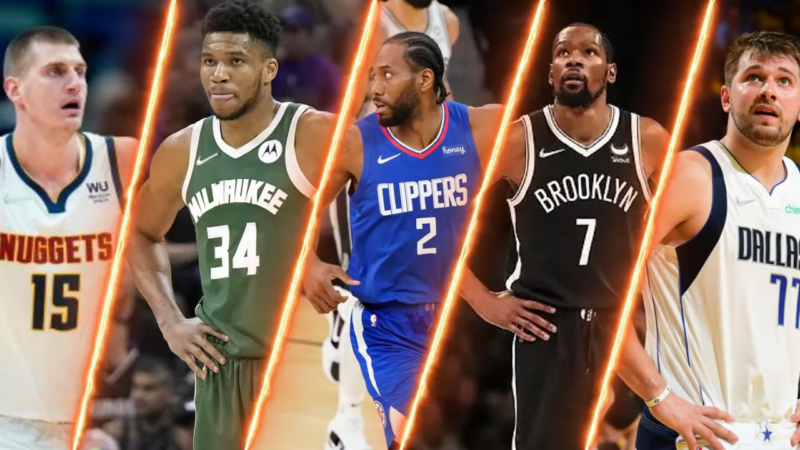Every year, the basketball community buzzes with predictions and debates as the NBA season progresses, leading to one of the most anticipated moments: the announcement of the Most Valuable Player (MVP).
This accolade not only cements a player’s legacy but also celebrates their impact on the sport during the regular season.
Timing of the Announcement
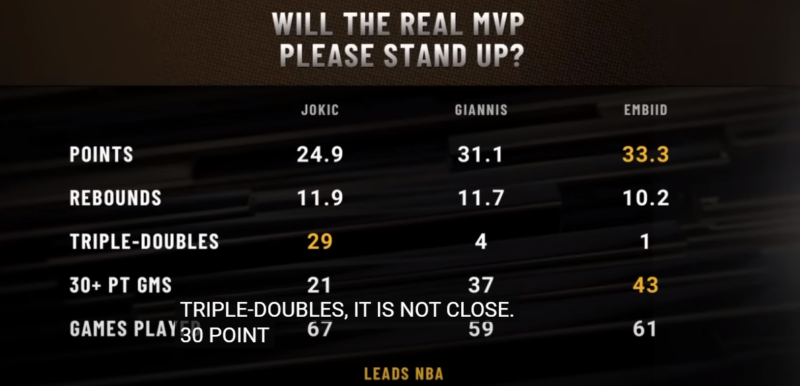
The timing of the NBA Most Valuable Player announcement has shifted over the years. Traditionally, the MVP was announced during the playoffs, often in the second round. This schedule ensured that the regular season’s performances were fresh in the minds of voters and fans alike.
Recent Changes
However, in recent years, the NBA has adjusted this timeline. Since 2017, the league has scheduled the MVP announcement to occur after the conclusion of the playoffs, during the NBA Awards show.
This event is designed to celebrate individual and team achievements in a dedicated setting.
Current Trends
The move to an awards show format means that the MVP announcement now typically happens in late June. This change has been met with mixed reactions. Some argue it allows for a more comprehensive evaluation of a player’s impact over the entire season, while others believe it detracts from the playoff atmosphere.
Criteria for MVP Selection

Voting Process
The selection of the MVP is a process based on a voting system. A panel consisting of sports journalists and broadcasters from across the United States and Canada, along with an online fan vote, contributes to the final decision. Each member of the panel casts a vote for their first to fifth choices.
Performance and Impact
When considering candidates, several factors are taken into account:
- Statistical Excellence: Candidates often lead in various statistical categories such as points, rebounds, assists, and efficiency ratings.
- Team Success: The performance and standing of a player’s team are heavily weighed. Typically, MVPs come from top-seeded teams.
- Overall Impact: The award also considers a player’s leadership, defensive contributions, and clutch performances.
Narrative and Momentum
A compelling narrative surrounding a player’s season can sway votes. Comeback stories, shattered records, and overcoming adversity can all contribute to a player’s MVP case. The momentum gained through media coverage and fan discussions also plays a role in shaping the narrative.
Significance of the MVP Award
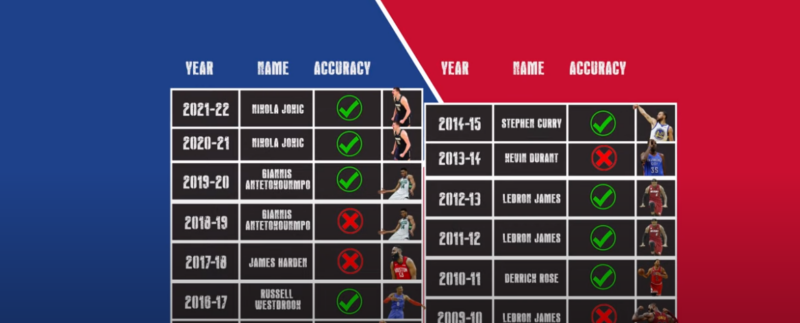
Legacy and Prestige
Winning the MVP is one of the highest honors in basketball. It signifies a player’s dominance and essential role in the success of their team. The award has been a stepping stone to the Hall of Fame for many players and is often a highlight of their career achievements.
Impact on the Player’s Career
An MVP award can elevate a player’s marketability, lead to endorsement deals, and solidify their status as a franchise player. It often influences contract negotiations and the player’s standing within the league.
Influence on the Sport
The MVP award affects the larger basketball landscape. It sets standards for excellence, influences the style of play, and inspires upcoming generations of players. The award’s announcement is a landmark event that celebrates the sport’s growth and the talent it harbors.
Key Moments in MVP History
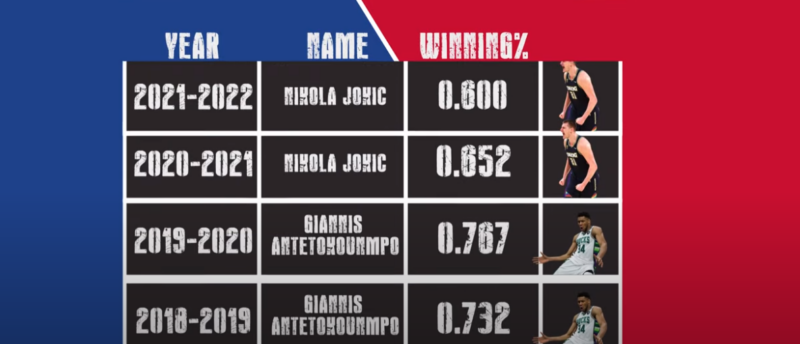
The MVP award has been bestowed upon some of the most legendary figures in basketball. Their stories not only highlight individual greatness but also reflect the evolution of the sport.
Russell Westbrook’s Historic Triple-Double Season
In the 2016-2017 season, Russell Westbrook achieved an average of a triple-double for the entire season, a feat that secured his Most Valuable Player award. His relentless energy and statistical output captivated fans and changed the conversation about individual achievements in basketball.
Stephen Curry’s Unanimous MVP Win
Stephen Curry’s 2015-2016 season saw him become the first unanimous MVP in NBA history. His extraordinary shooting ability and the Golden State Warriors’ record-breaking season left no doubt in voters’ minds, underlining the importance of transformative playstyles.
Pivotal MVP Announcements
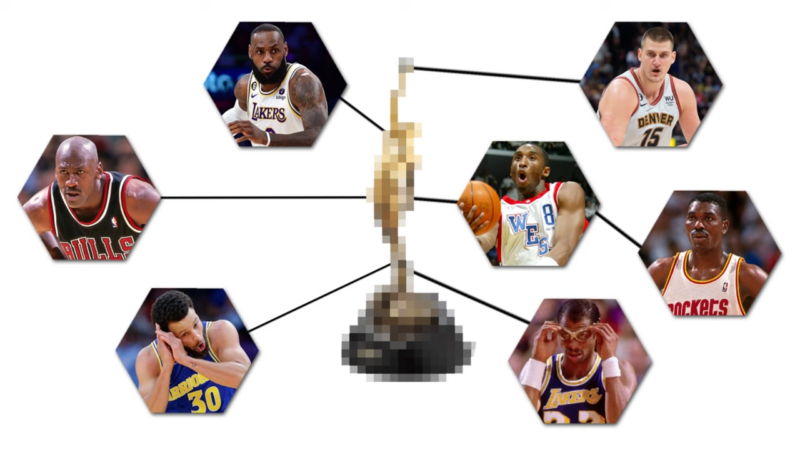
Derrick Rose’s Youngest MVP
Derrick Rose’s MVP win in 2011 at the age of 22 made him the youngest ever to receive the honor. The announcement highlighted the rise of new talents and signaled a generational shift in the league.
Giannis Antetokounmpo’s Back-to-Back Wins
Giannis Antetokounmpo’s consecutive MVP awards in 2019 and 2020 solidified his status as one of the league’s dominant forces. These announcements underscored the global reach of basketball, with international players making their mark.
Analyzing Most Valuable Player Contenders
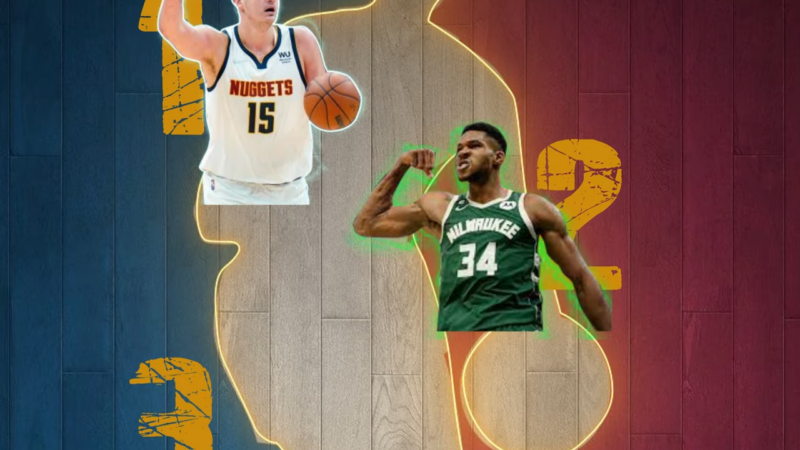
Each season brings a new cohort of contenders for the MVP title. Analyzing their performance and impact sheds light on what it takes to be at the top of the basketball world.
Points Per Game Leaders
Players who lead the league in scoring are often in the MVP conversation. They demonstrate a consistent ability to contribute to their team’s offense and maintain a high level of play throughout the season.
Versatile Performers
Versatility is key in today’s game, and players who fill the stat sheet across multiple categories stand out. This all-around excellence is a strong indicator of MVP-caliber influence.
Team Success Stories
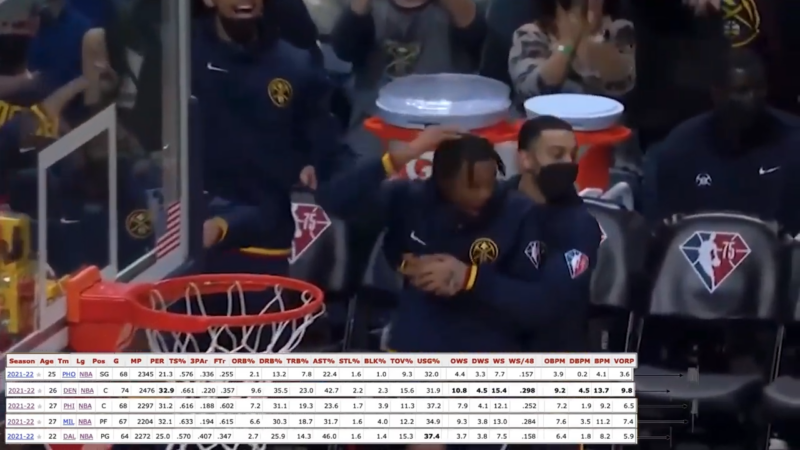
The Importance of Seeding
Historically, MVP winners come from top-seeded teams. The ability to lead a team to a successful regular season is a significant aspect of the MVP profile.
Role in Team Dynamics
A potential MVP not only contributes through their own performance but also elevates their teammates’ play. Their role in team dynamics is crucial, making them indispensable to the team’s success.
Impact on the Court and Beyond
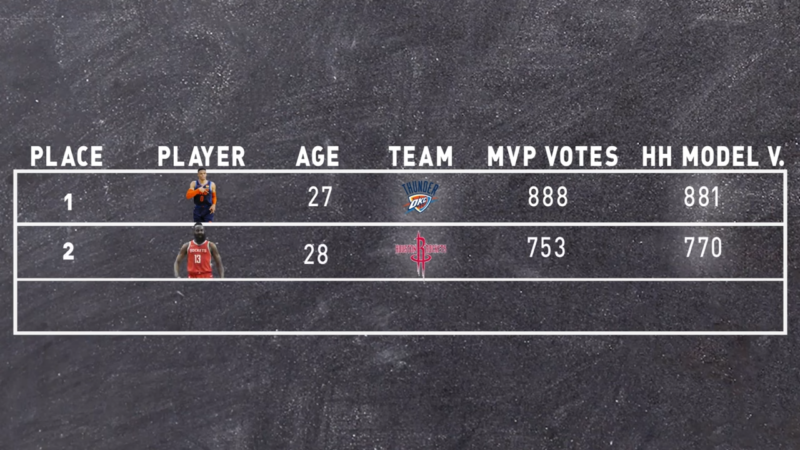
Leadership Qualities
An MVP contender often possesses intangible qualities, such as leadership, tenacity, and the ability to perform under pressure. These attributes contribute to their team’s resilience and success.
The Cultural Influence
Players who transcend the sport and become cultural icons have a lasting impact that extends beyond the court. Their influence on the game’s popularity and connection with fans can bolster their MVP candidacy.
Anticipating the Future
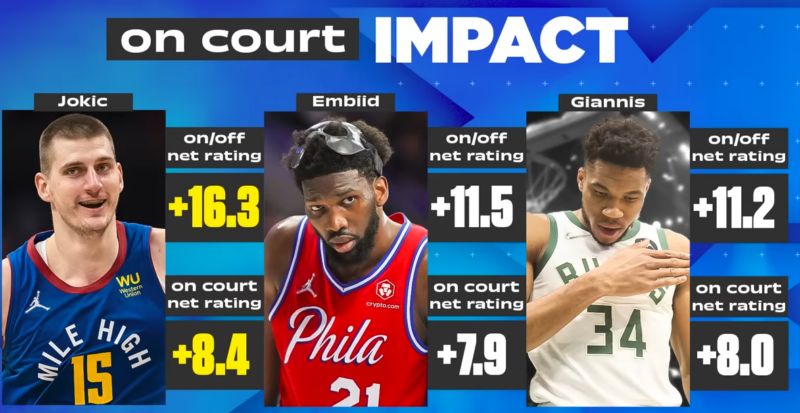
The NBA MVP announcement is a moment that encapsulates the passion, debate, and excitement of an entire season. As we look ahead, several factors will shape how this event continues to evolve and capture the imagination of basketball enthusiasts worldwide.
The Rise of Analytics
The increasing reliance on advanced metrics and analytics will likely shape future MVP selections. These tools offer deeper insights into a player’s impact, going beyond traditional statistics.
International Expansion
As basketball grows globally, international players are becoming prominent in the MVP discussion. This diversity enriches the league and broadens the award’s significance.
The MVP Debate
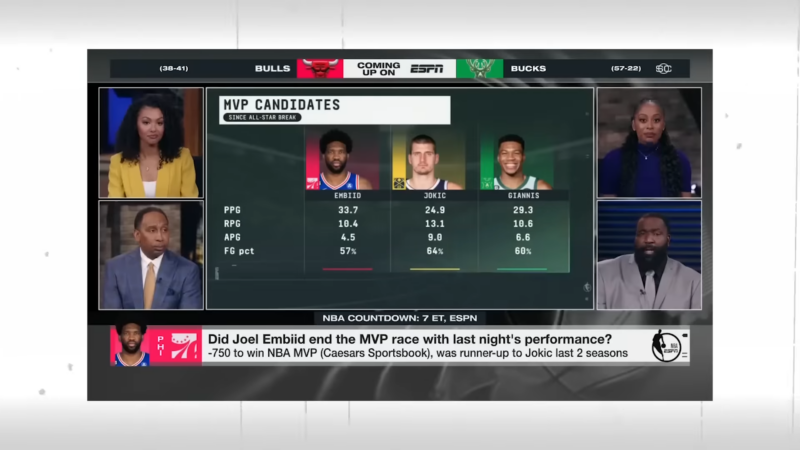
Subjectivity vs. Objectivity
This debate often centers around the balance between measurable performance and the more subjective elements of a player’s impact. How this balance is struck will continue to fuel discussions every season.
Fan Engagement
Fan involvement in the voting process, while still limited, adds a layer of public investment to the MVP race. The role of fan engagement may grow in the future, adding a new dimension to the announcement.
A Catalyst for Growth
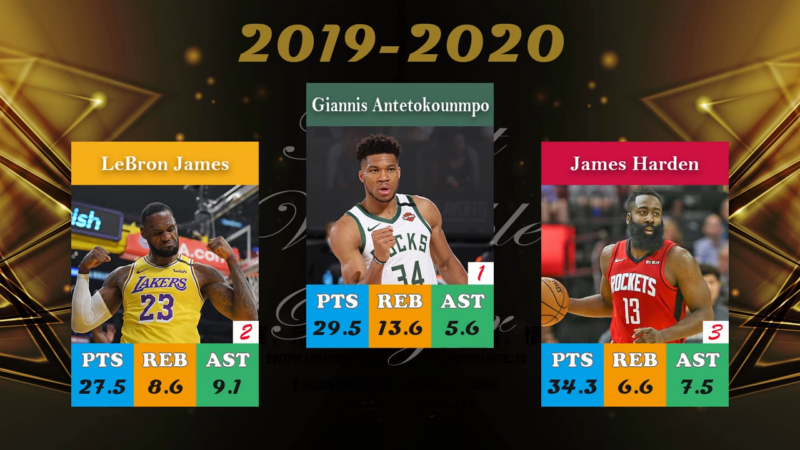
Inspiring the Next Generation
The announcement isn’t just a celebration of one player’s achievements; it serves as inspiration for young athletes. As they witness the pinnacle of basketball success, they are motivated to reach for their own dreams.
Shaping the Narrative of the Sport
The award helps to shape the story of each NBA season. It captures the spirit of competition, excellence, and the drive to succeed that defines the league.
FAQs

Has any MVP winner been chosen from a team with a losing record?
No. The MVP award typically goes to a player whose performance has led their team to a strong regular season, which generally means the team has a winning record.
What happens if there is a tie in the MVP voting process?
In the event of a tie for the NBA MVP award, the NBA has a system in place to determine the winner. The player with the most first-place votes for NBA MVP would usually be given the edge. If there’s still a tie, it would go down to the most second-place votes for NBA MVP, and so on, until a winner is determined.
Can a player win MVP if they have been traded to a different team during the season?
Yes. The voting is based on a player’s overall performance throughout the regular season, regardless of whether they played for multiple teams. However, this scenario is highly uncommon.
Has the MVP ever been awarded to a rookie?
Yes. Wilt Chamberlain (1959-60) and Wes Unseld (1968-69) are the only two players in NBA history to have won the MVP award during their rookie seasons.
Are players from non-NBA leagues considered for the MVP award?
No, the NBA MVP award is exclusively for players participating in the NBA. Performances in other leagues, including international ones, are not considered in the voting process.
How has the fan vote influenced the final MVP results since its introduction?
The fan vote is incorporated as one part of the larger voting panel, which is predominantly made up of sports journalists and broadcasters.
The fan vote typically accounts for a small percentage of the total vote, so while it can potentially impact close races, it has not drastically changed the outcome of the Most Valuable Player award.
Final Words
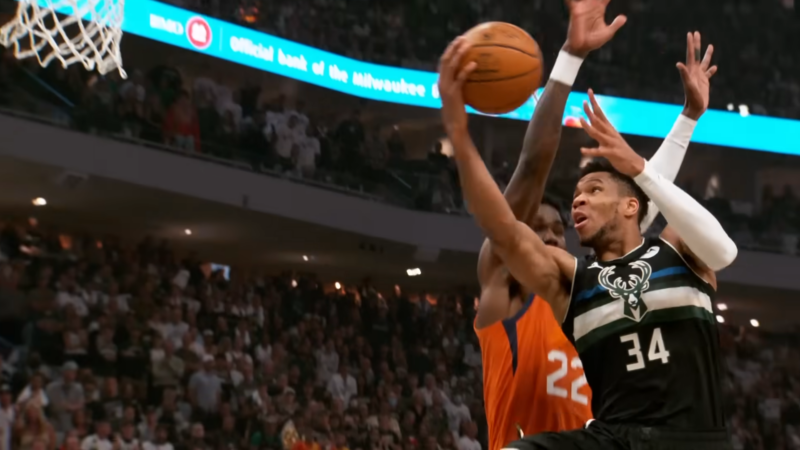
The MVP announcement is a multifaceted event, rich with history and significance. Its timing, criteria, and impact reach far beyond the initial reveal, influencing the sport for seasons to come.
Whether a dedicated follower of the NBA or a casual spectator, the revelation of the MVP is a moment that commands attention and celebrates the extraordinary talents of the league’s top players.
As the game continues to evolve, so too will the narratives that surround this coveted award, ensuring its place as a pivotal moment in the basketball calendar.
